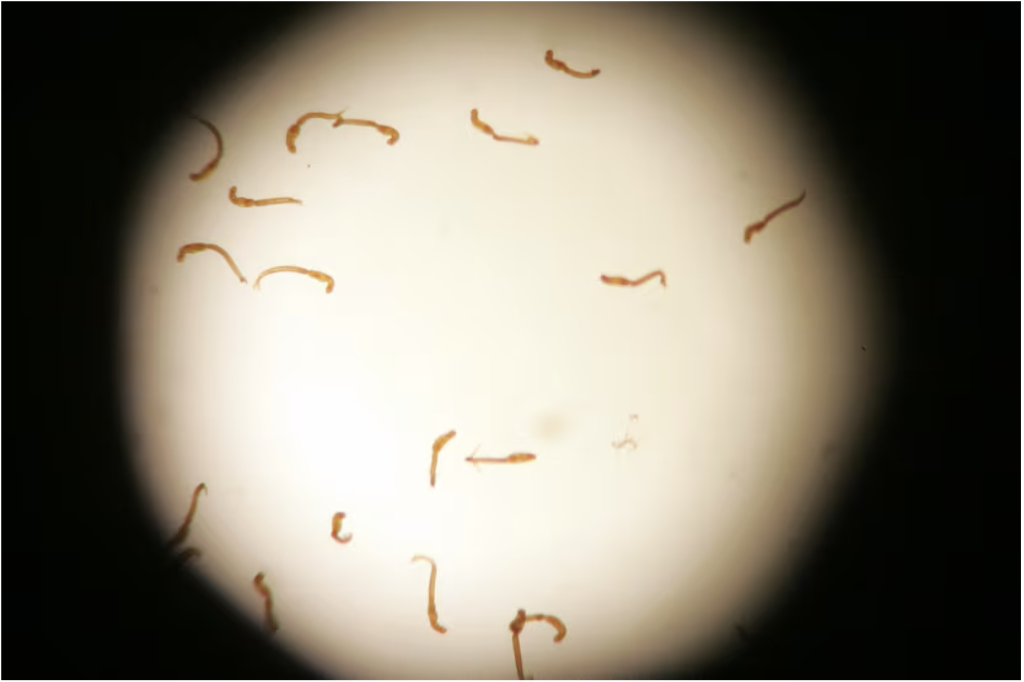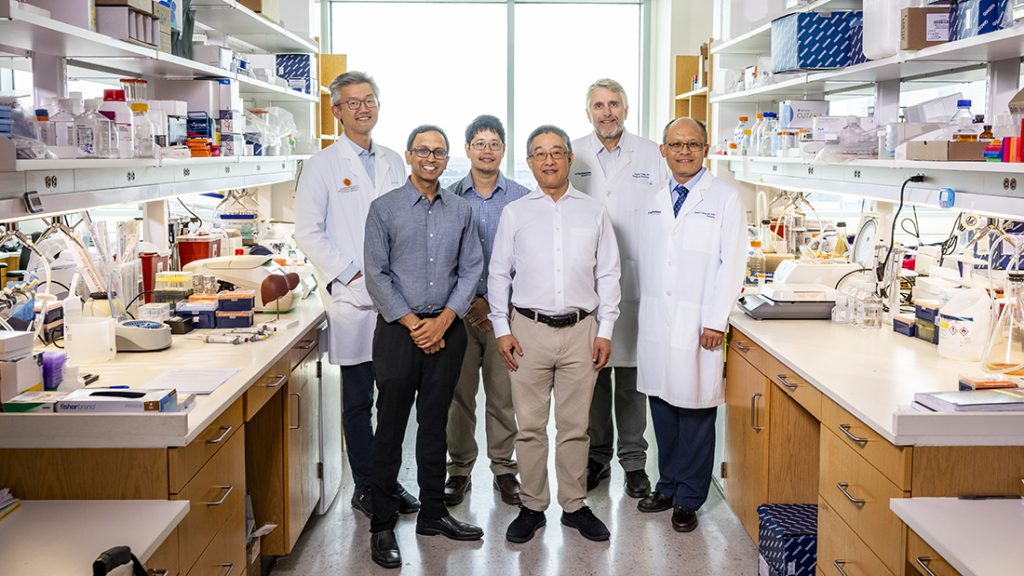
Since the term “antioxidants” made the leap from the realm of biochemistry labs and into the public consciousness in the 1990s, the belief has grown that more is better when it comes to consuming the substance that comes from acai berries, green tea and leafy vegetables.
However, a provocative new study published in the journal Nature on Wednesday raises important questions about that assumption.
Antioxidants – which include vitamins C and E and beta-carotene, and are contained in thousands of foods – are thought to protect cells from damage by acting as defenders against “free radicals”, which the body produces as a part of metabolism or which can enter the body through the environment.
Continue reading at the Sydney Morning Herald.



